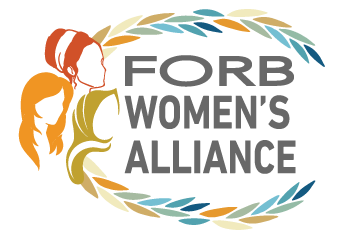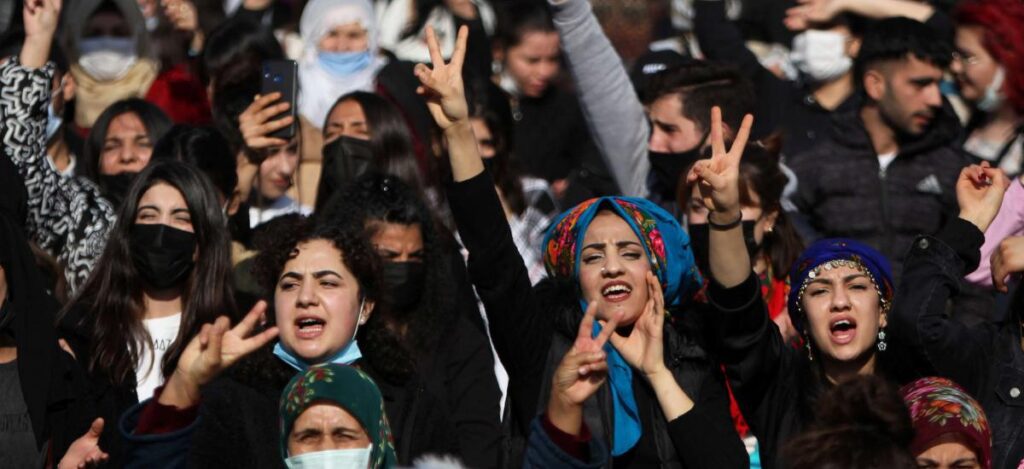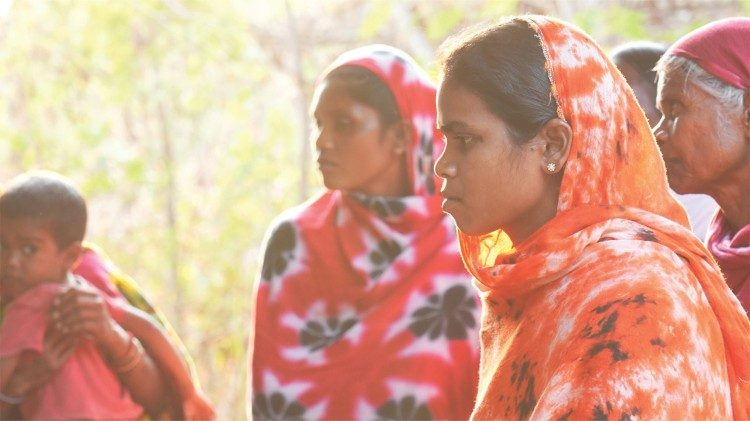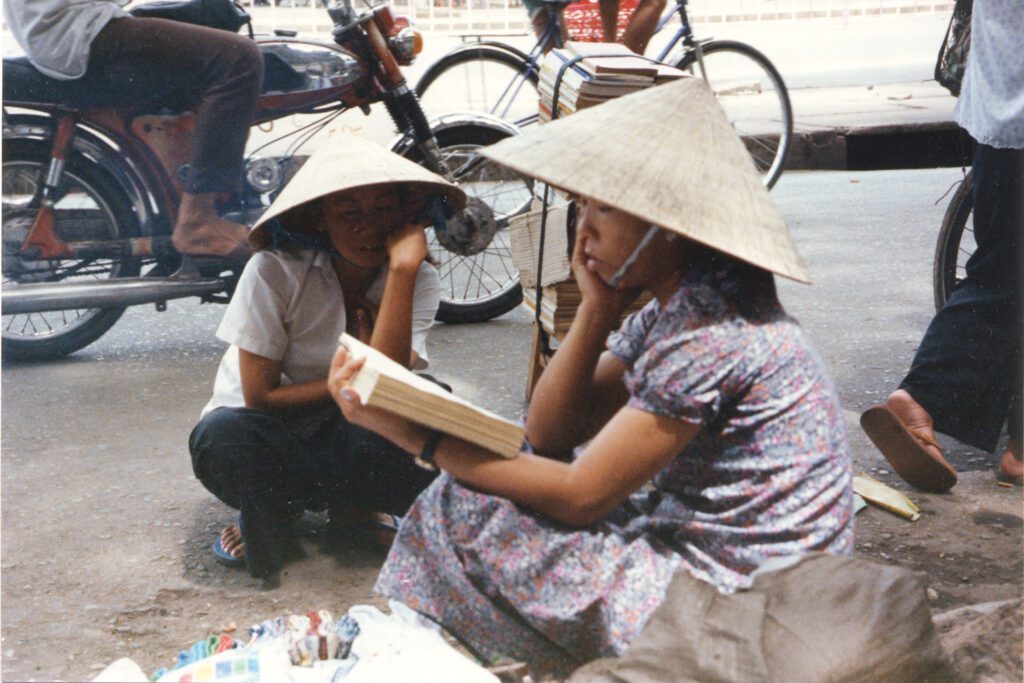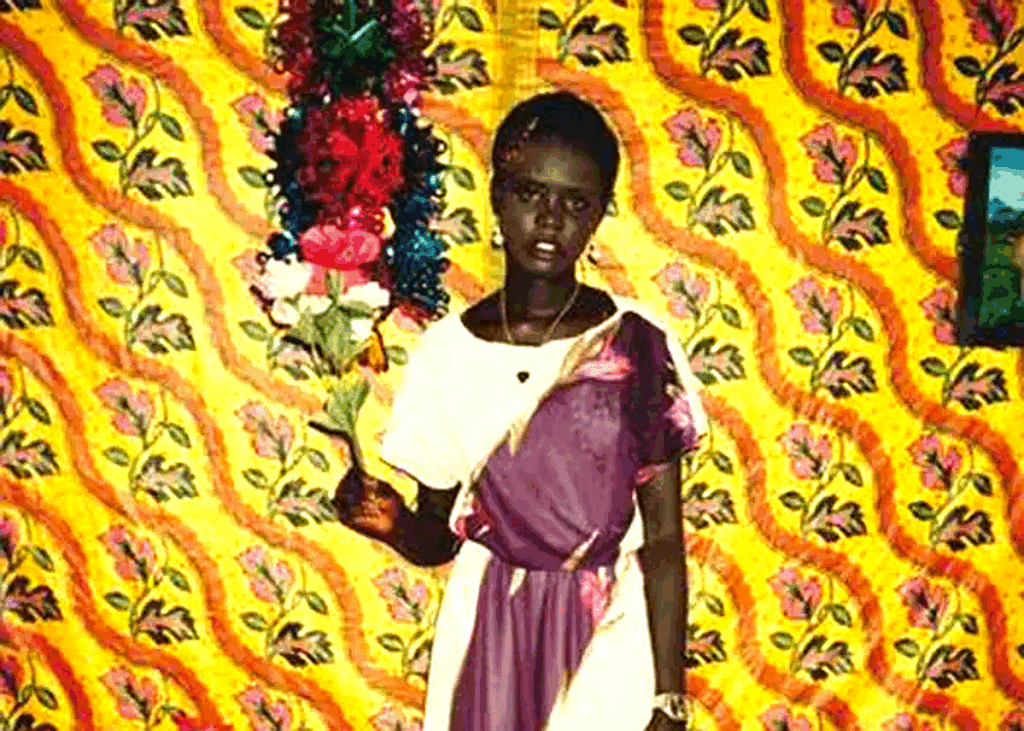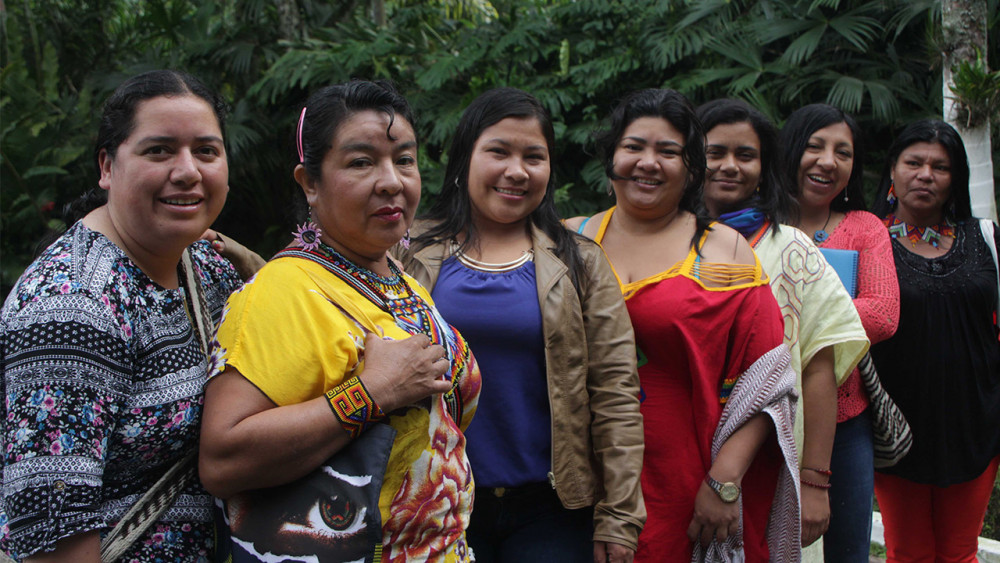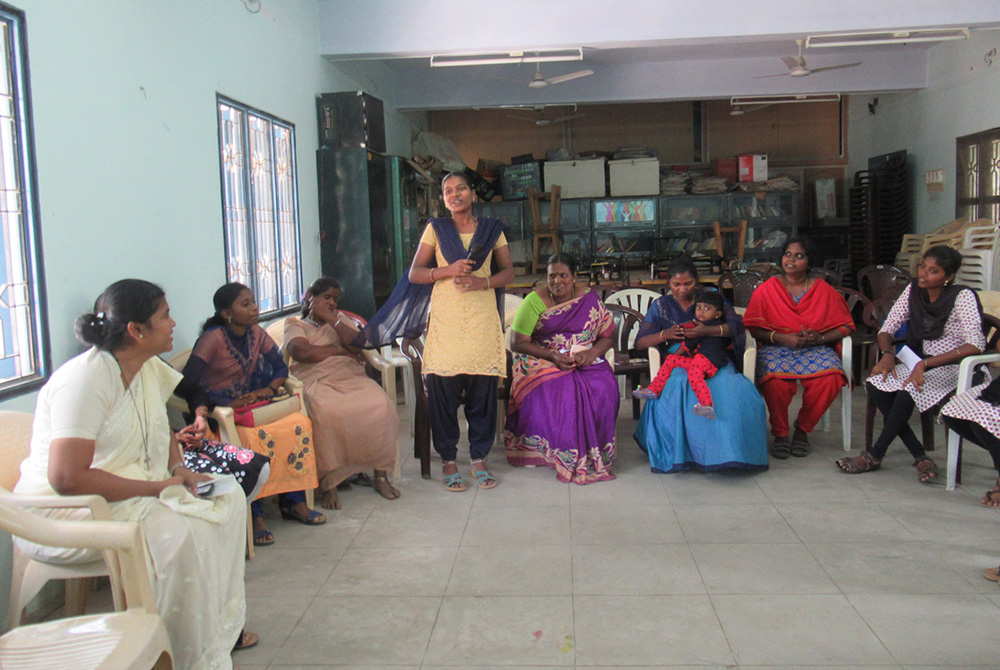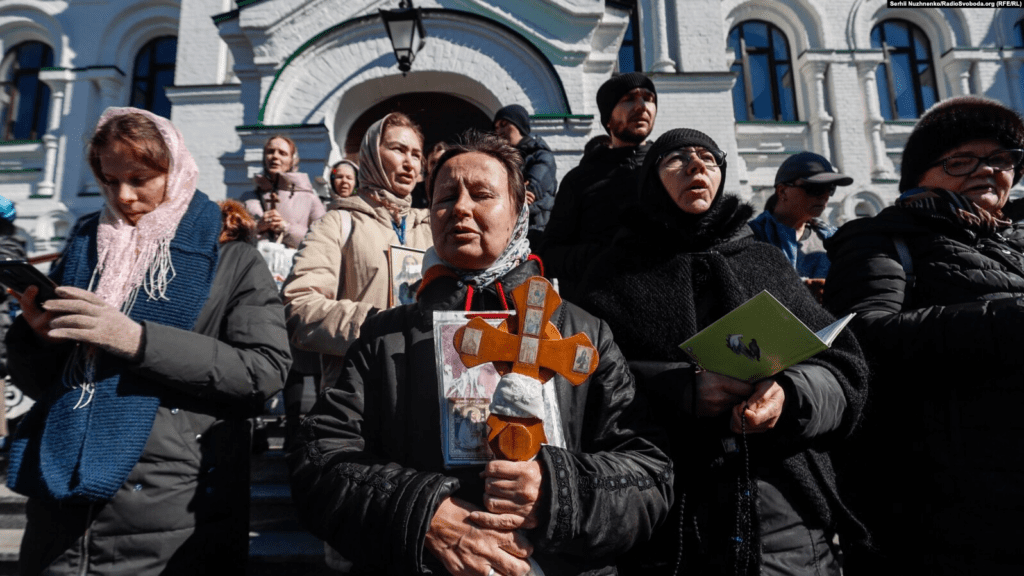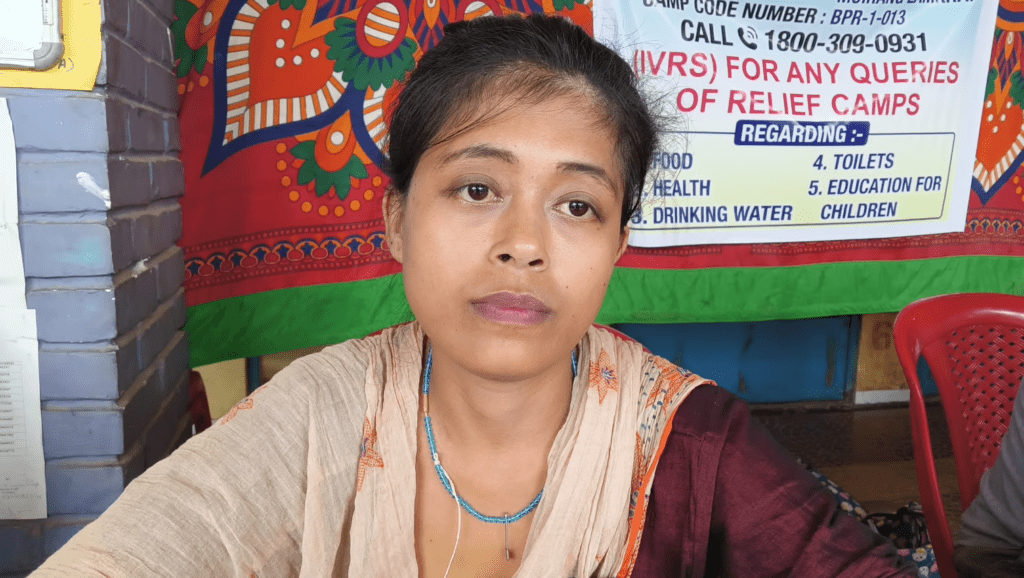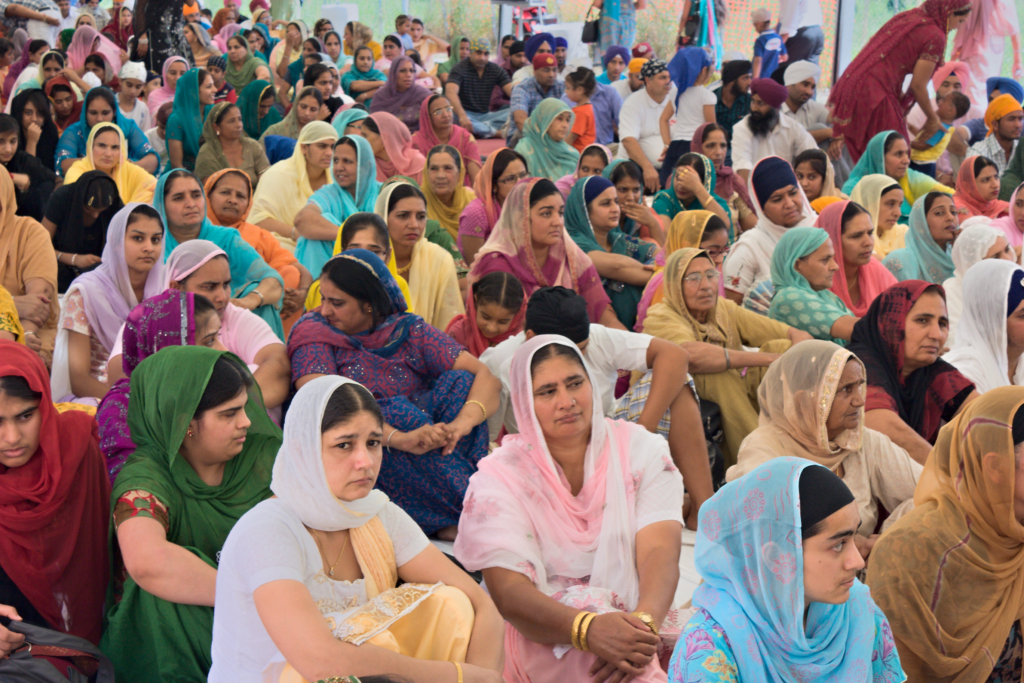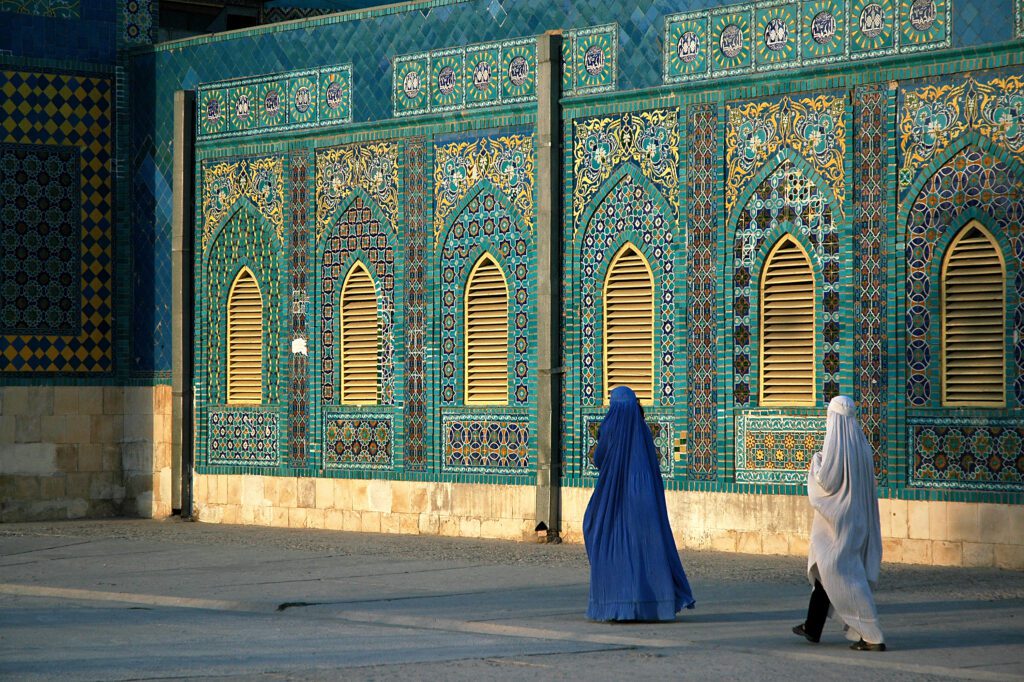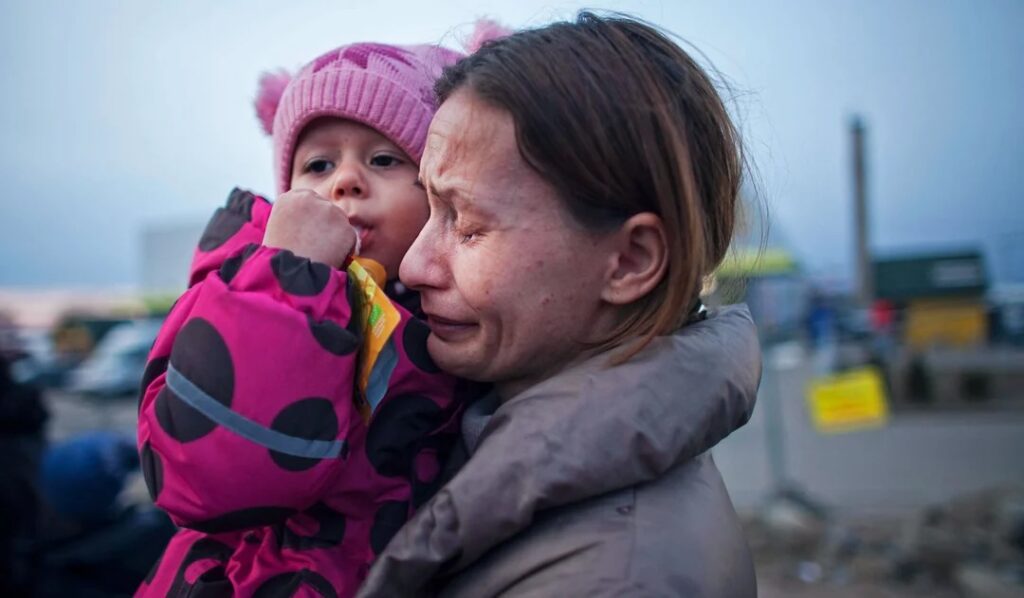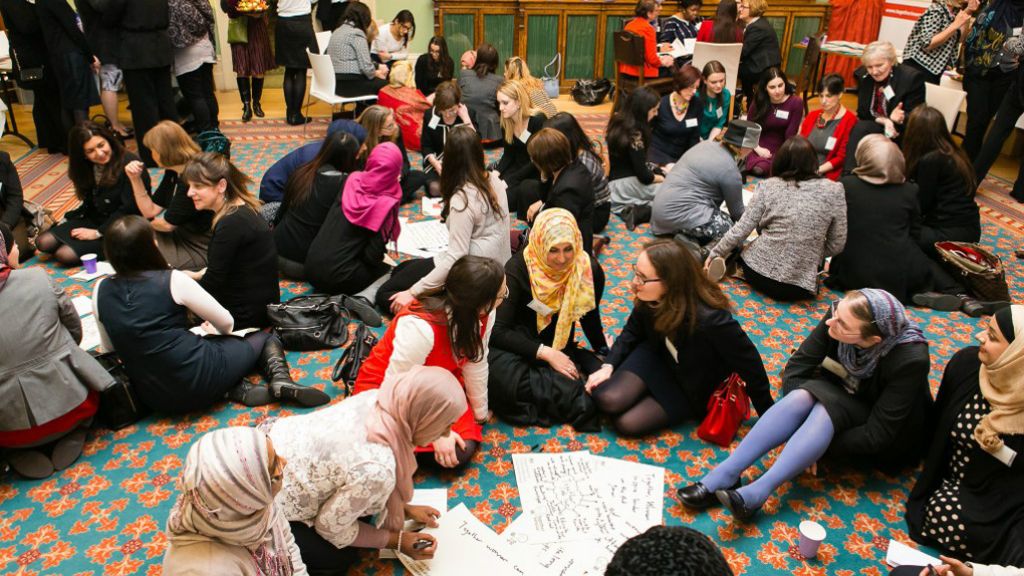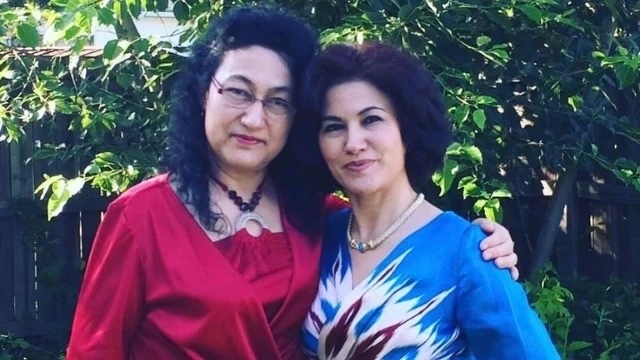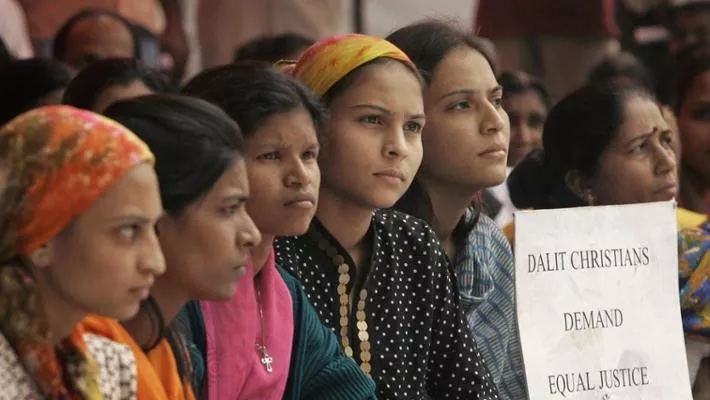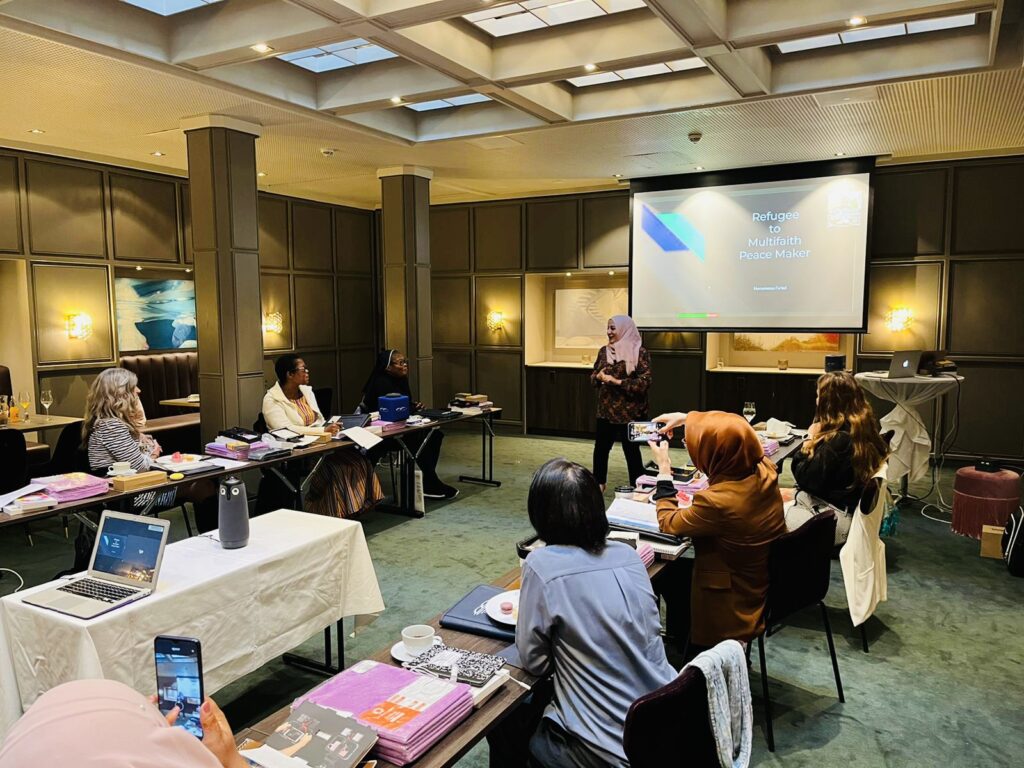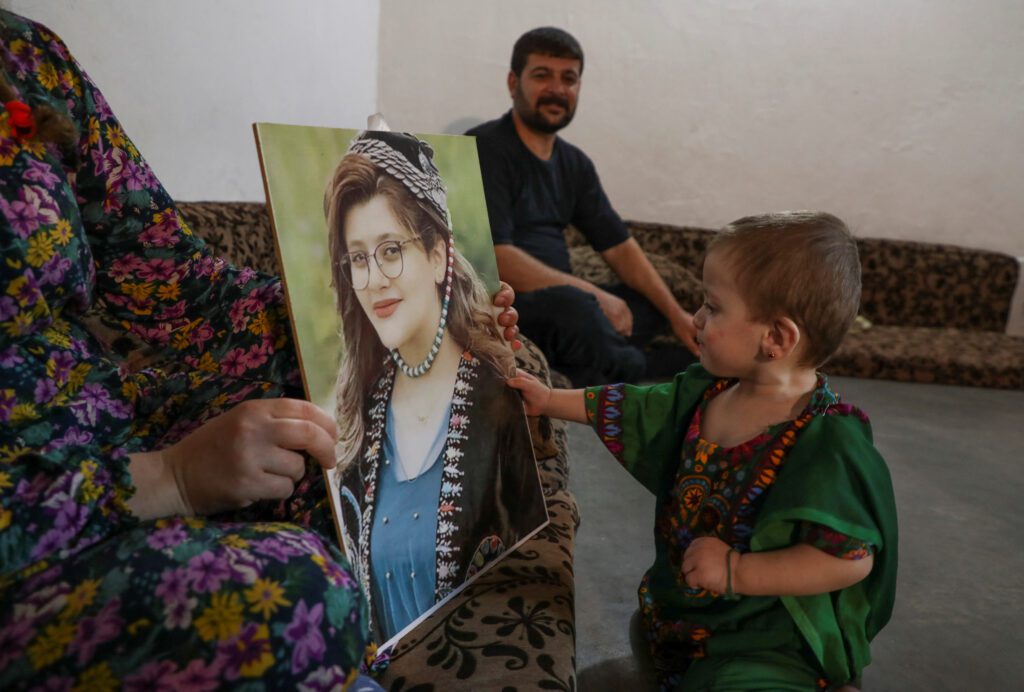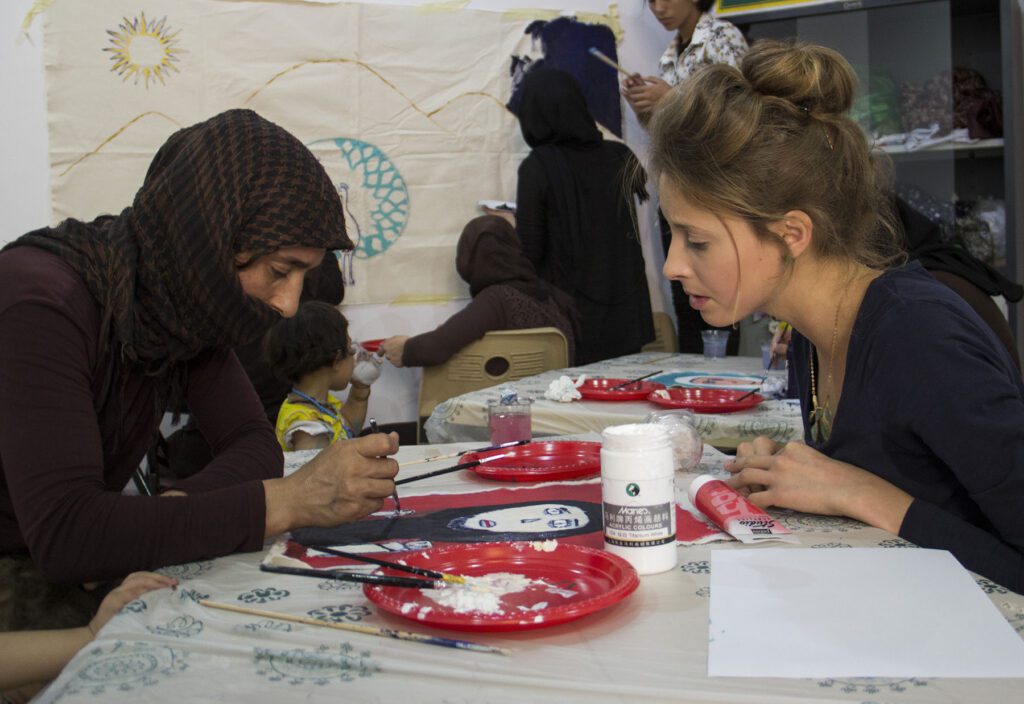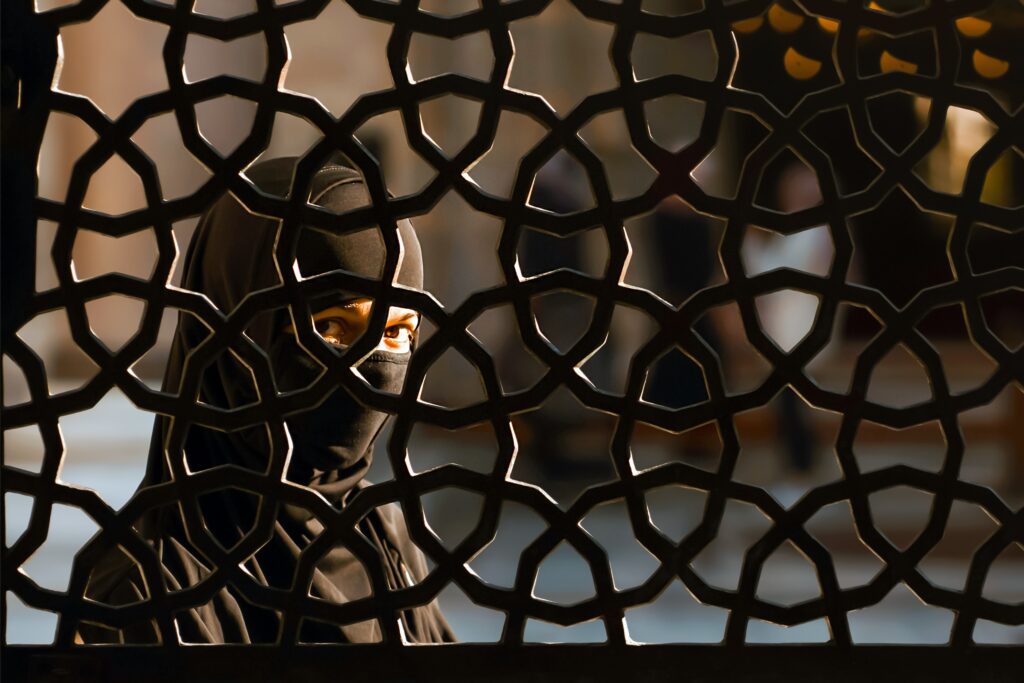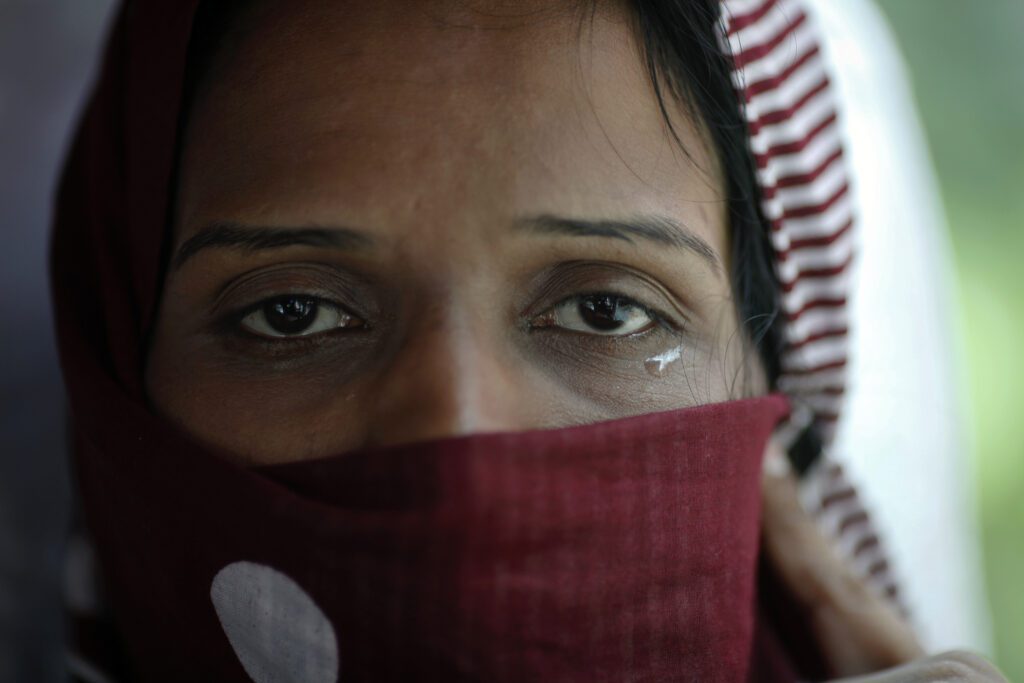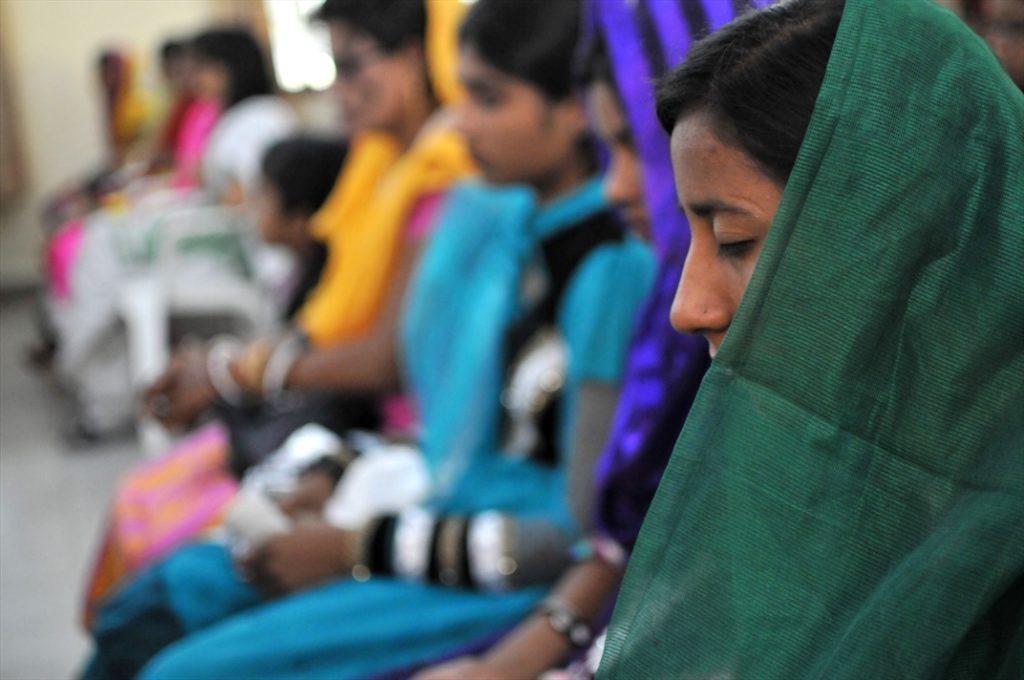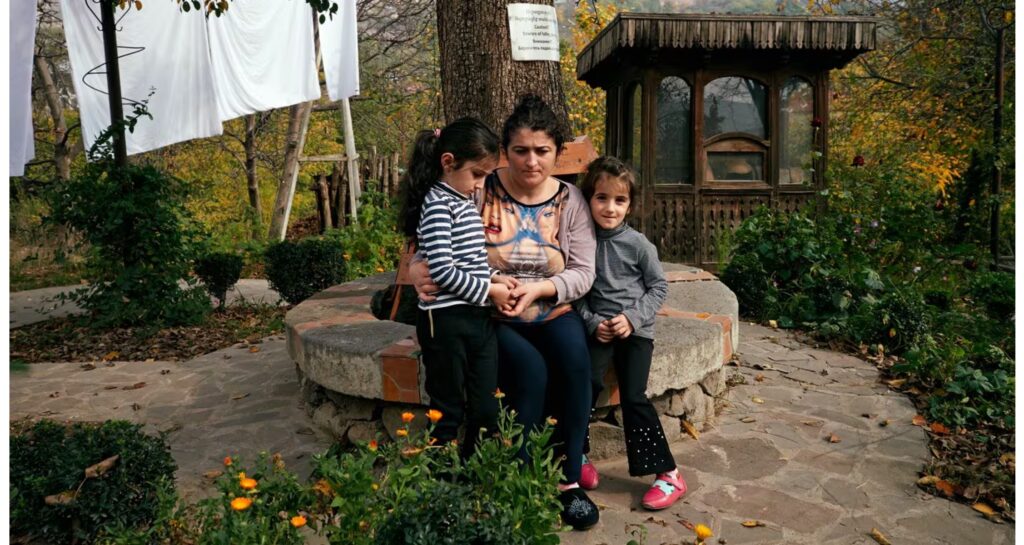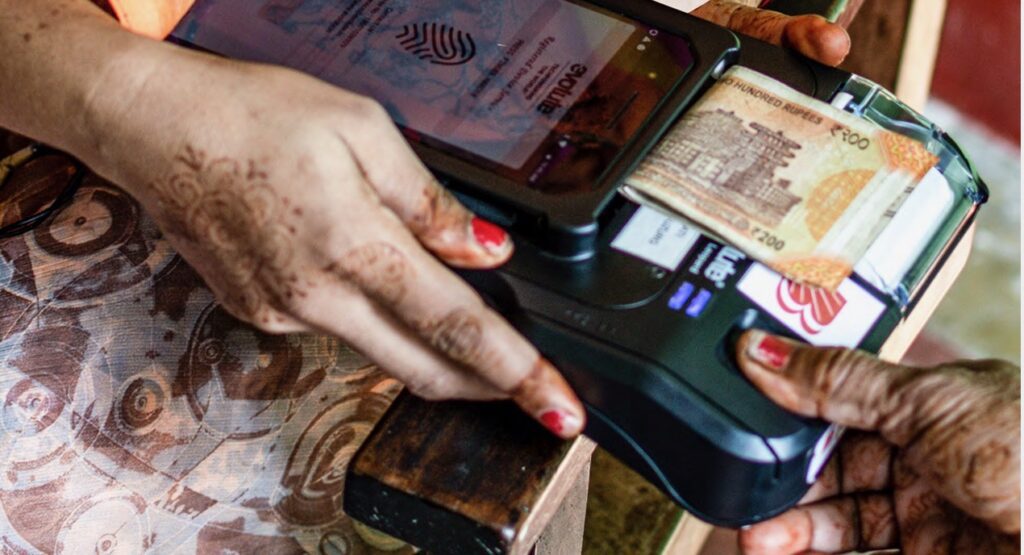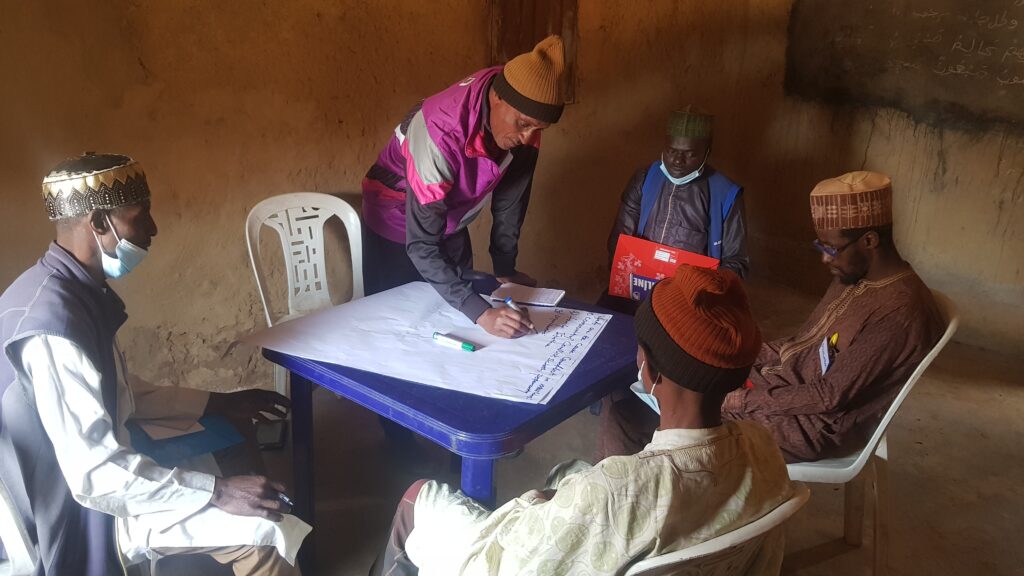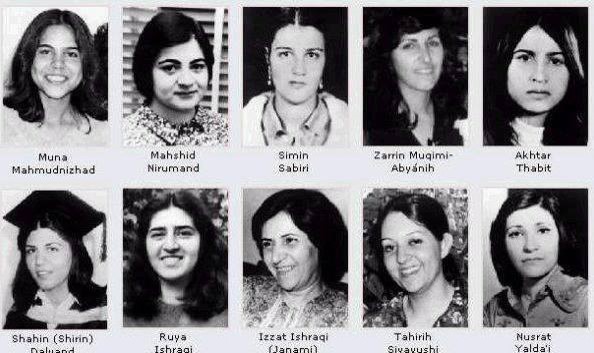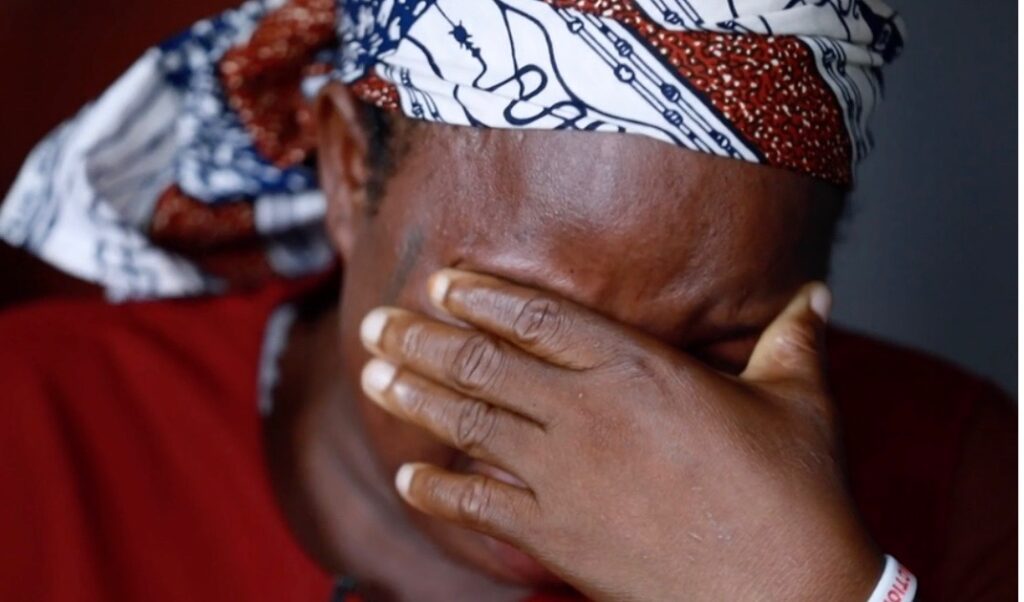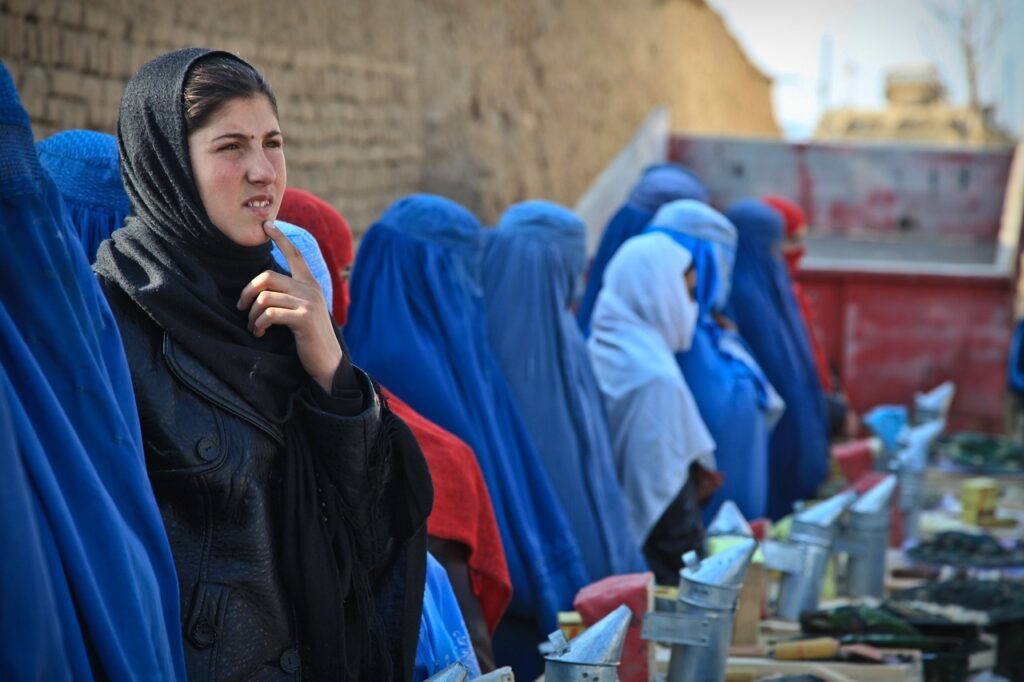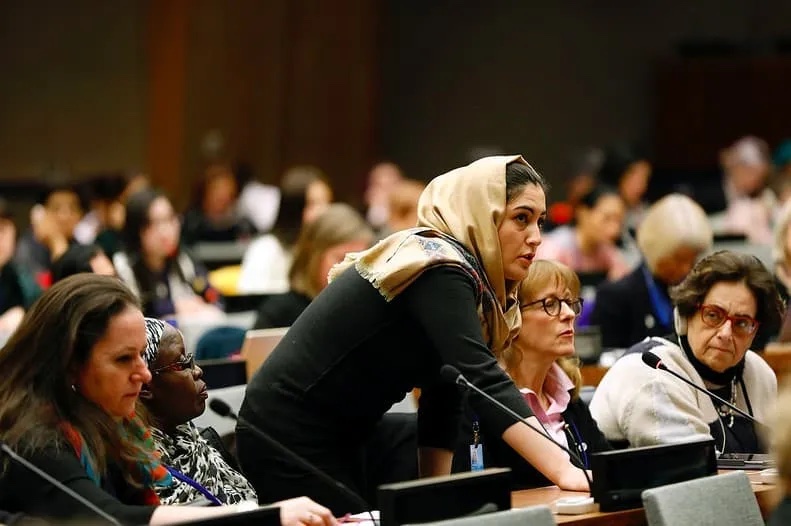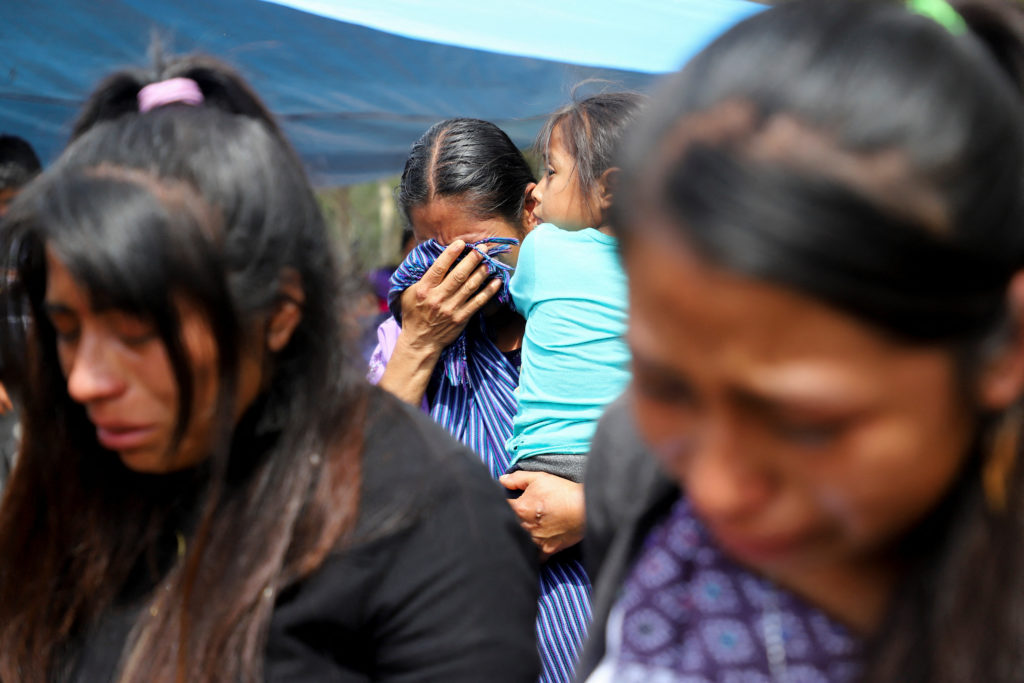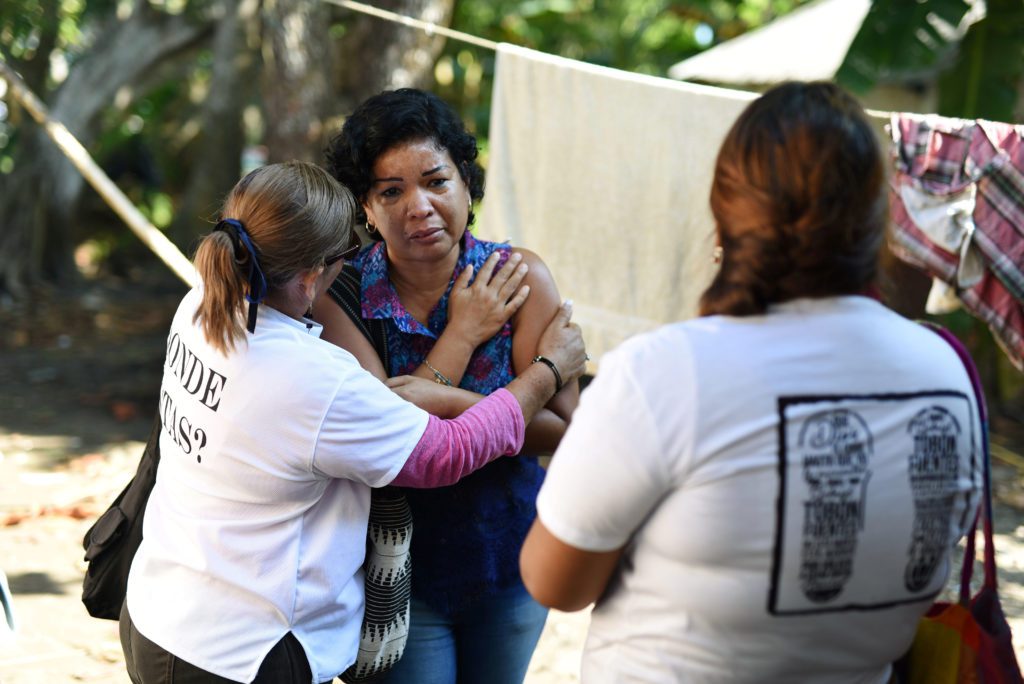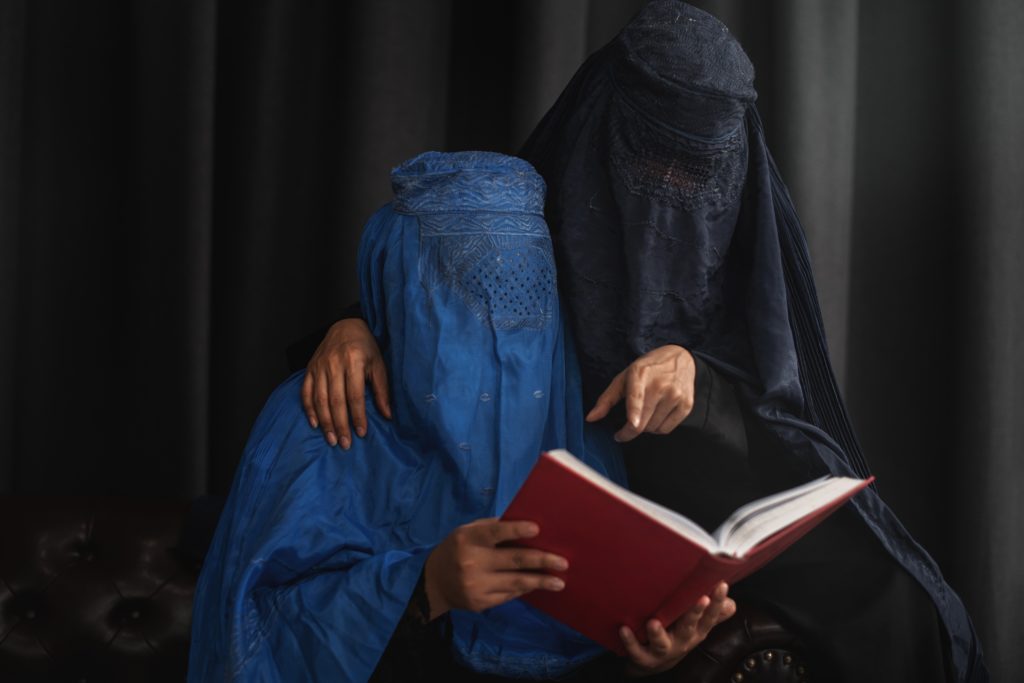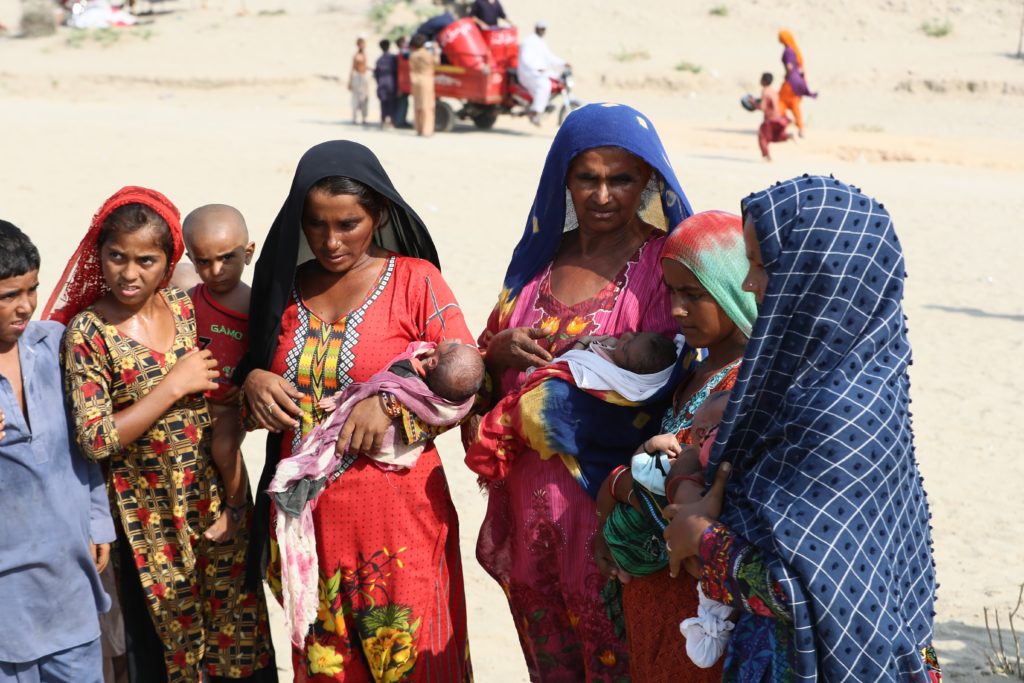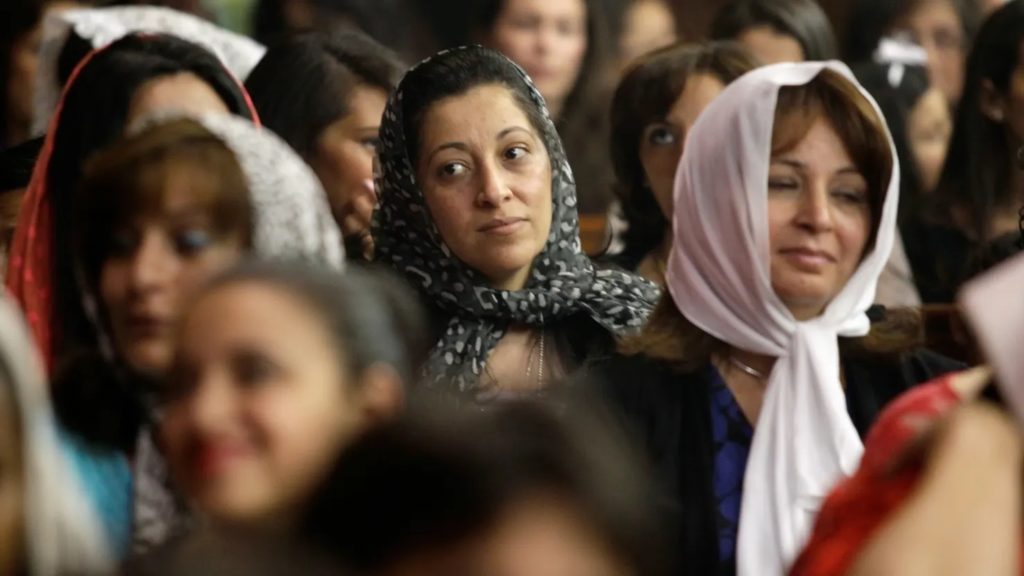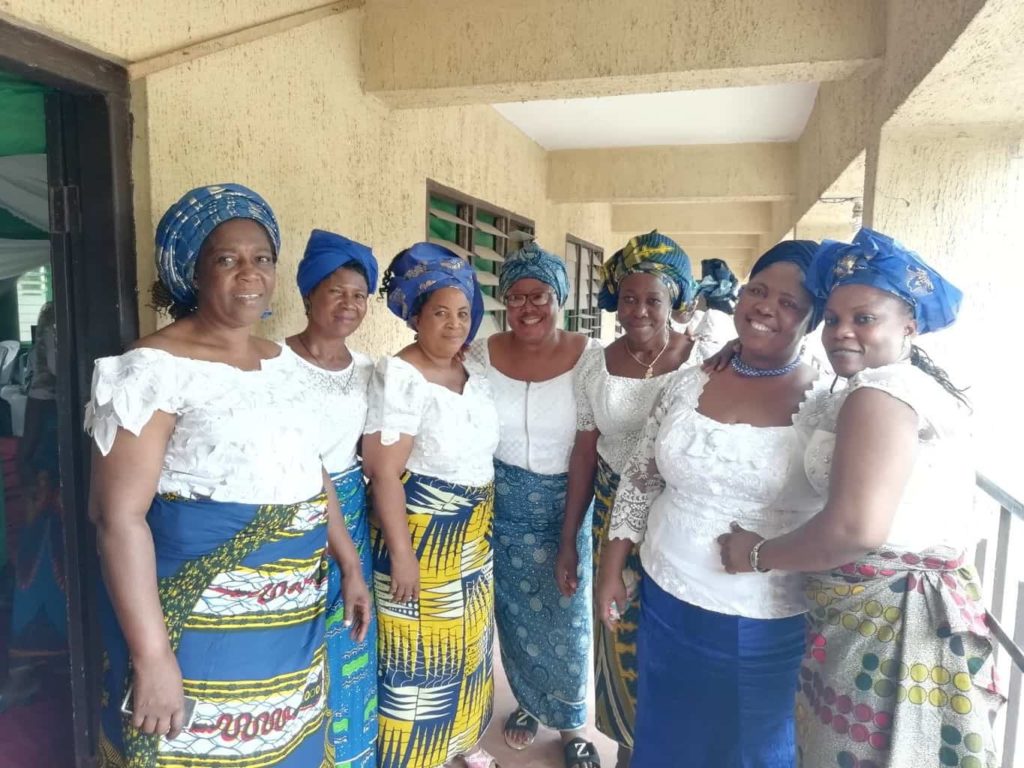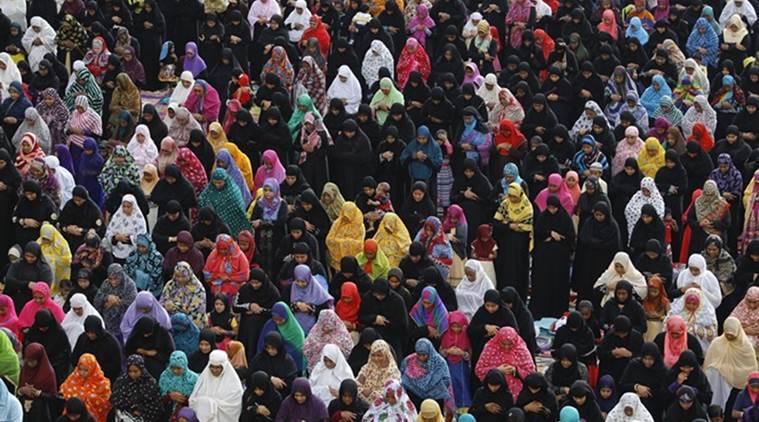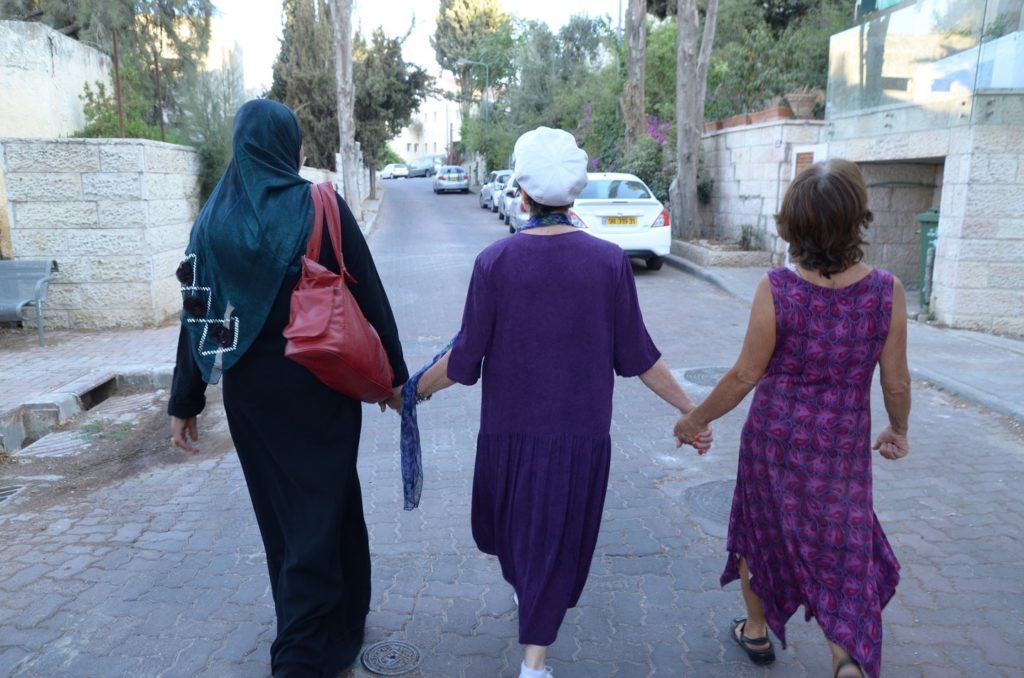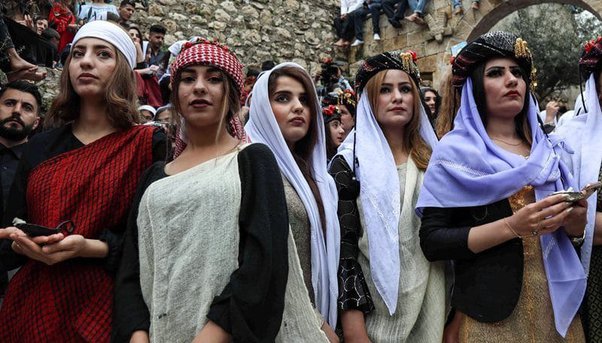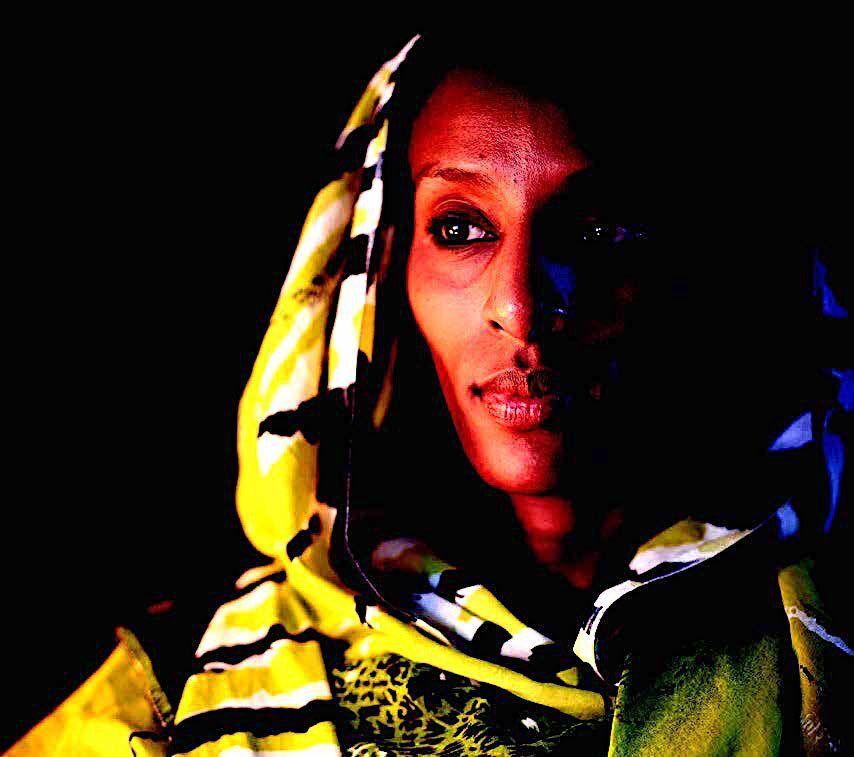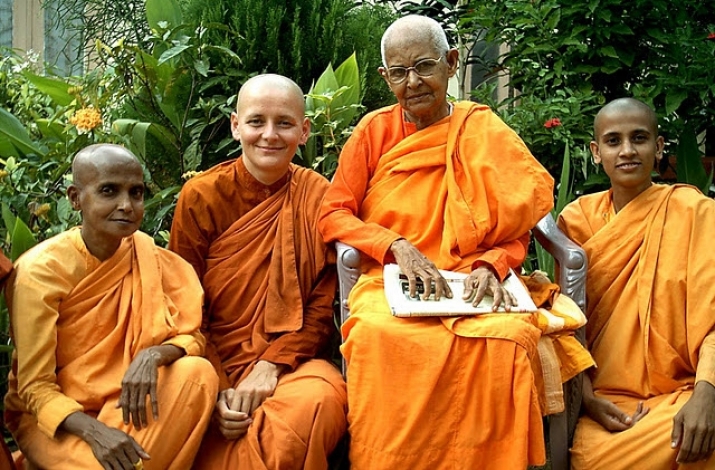Although Turkish women come from different walks of life – religiously observant to secular, traditional to modern, conservative to progressive – they increasingly feel the need to join forces to confront misogyny and the pervasive inequality that characterizes Turkey’s deepening patriarchy. Under the two-decade rule of the Islamist Justice and Development Party (AKP), women’s rights have been systematically undermined and their lives threatened by the alarming increase in femicides.
Turkish women’s growing sisterhood is best observed during the annual International Women’s Day rallies held on March 8. This nighttime gathering of a diverse crowd of women in Istanbul’s Taksim Square, in defiance of the Turkish government’s incessant efforts to ban the event, epitomizes the solidarity Turkey’s women have built throughout the years across faiths, ethnicities, classes, and sexual orientations.
Since 2002, the Turkish government’s discourses, policies and practices have had a detrimental effect on women. For instance, President Recep Tayyip Erdogan, leader of the AKP, repeatedly expressed his view that he did not believe in equality between men and women, said equality was against God’s creation, called working women “half persons,” and stated that Islam defines women’s primary duty as motherhood.
For Turkey’s ruling Islamist-ultranationalist alliance, International Women’s Day rallies threaten the government’s ideological hegemony and gender straitjacket. This ideological hegemony aims to impose the ruling bloc’s interpretation of Islam by controlling women in the public and private spheres and follows Erdogan’s lead in defining gender roles. Most Turkish women are alarmed by the government’s implementation of policies aimed at undermining gender equality, discouraging women’s participation in the labor force, and dismantling legal protections against gender-based violence.
The Turkish government thus seeks to brutally suppress women seeking equality, including during the peaceful gathering of women and their allies on March 8, when the police attack demonstrators with water cannons and teargas and detain many, leaving scores of women with physical and emotional scars. Despite these challenges, women continue to remain hopeful and defiant, reflecting their optimism, resilience and courage in the struggle for their basic rights and freedoms.
Turkey’s women have every reason to take to streets in a country with a staggering rate of femicide. Independent organizations such as We Will Stop Femicides Platform of Turkey meticulously collect data on femicides and other suspicious deaths of women. The Platform reported 162 femicides at the hands of men within the first seven months of this year alone, excluding 137 other cases of suspicious deaths. Since its establishment in 2010, the platform each year has recorded increasing numbers of femicides.
Istanbul is a fitting city for Turkey’s women to mark International Women’s Day as they seek to reverse the country’s alarming trends, including that of femicide. The eponymous Istanbul Convention, the Council of Europe’s Convention on Preventing and Combating Violence Against Women and Domestic Violence, was opened to signature in Istanbul in 2011, on the occasion of the 121st session of the Council of Europe’s Committee of Ministers.
Turkey was not only the first country to ratify the Istanbul Convention in 2012, but also the first and only country to withdraw from it in 2021, as the country’s Islamist-ultranationalist government sought to appease its radical electoral base amid an economic downturn. This conservative and increasingly radical base has been demanding the imposition of its interpretation of Sunni Islam over public life, particularly in matters of education, family, social equality and law.
For Turkish women and others, the Istanbul Convention obligates signatory states to invest in violence prevention and develops legally binding standards to punish perpetrators. The Convention specifies several forms of gender-based violence against women that are to be criminalized or, where applicable, otherwise sanctioned and include: psychological, physical, and sexual violence, stalking, forced marriage, female genital mutilation, forced abortion, forced sterilization, and sexual harassment. Importantly, the Convention sets out the obligation to ensure that religion, culture, custom, tradition or so-called “honor” are not regarded as justification for any acts of violence covered under the scope of the Convention.
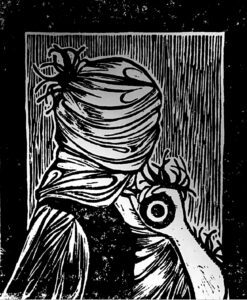
Original artwork by Cigdem “Chi” Erdemir. Title: Istanbul Convention/Stop Femicide in Turkey (created for a hashtag campaign in Turkey)
These obligations are a matter of life and death. The policy debates that used to artificially divide Turkish women, such as the use of the headscarf in universities and public office, are no longer an issue. Women from diverse backgrounds are united in their disdain for men’s attempts to control women’s bodies, clothing and practices, and the use of religion to justify this control. This attitude is best observed in the way women in headscarves and miniskirts march hand in hand waving flags of feminist, LGBTQ, and other progressive causes, be it on March 8 or at rallies at other times organized to pressure the Turkish government to again ratify the Istanbul convention. For example, members of Havle, a Muslim feminist organization, regularly join ranks with other women to fight for their equality, rights and lives.
Turkey’s 2023 presidential and parliamentary elections, held only two months after the International Women’s Day rally, reminded women once again about what is at stake. As the country’s economic crisis undermined the support for the ruling Islamist-ultranationalist coalition, Turkey’s incumbent President Erdogan turned to the fringes of the political spectrum to ensure his reelection. He joined forces with two radical Islamist parties, Yeniden Refah Partisi (the New Welfare Party) and HÜDA PAR – literally the Party of God (inspired by the Islamic Republic of Iran’s Hezbollah proxies), thereby introducing in the Turkish parliament their misogynistic agendas.
It did not take long, for example, for HÜDA PAR to demand single-sex education and the criminalization of adultery. HÜDA PAR lawmakers also tried, but failed, to restrict women staff from working in their wing of the parliament. These actions are early signs of what might come if women do not push back against autocratic, patriarchal and misogynist agendas targeting their rights and freedoms that are guaranteed by the Turkish constitution as well as a plethora of international treaties to which Ankara is a signatory (for now, as the Istanbul Convention U-turn shows).
The growing alarm women across Turkey’s diverse spectrum feel, fueled by the AKP and its political allies’ interpretation of Islam, leads to a strengthening of the bonds of sisterhood, as women realize that if they don’t have each other’s back, no one else will. It is therefore no surprise that Istanbul, the Ground Zero of women’s struggle in Turkey, is filled with chants of “You will never walk alone” year after year, as water cannons, teargas, and baton charges wage a futile war of intimidation against defiant millions who will never bulge, having learned valuable lessons from the struggle and pain of their sisters in Afghanistan, Iran, Pakistan, Yemen and beyond.
Dr. Tugba Tanyeri-Erdemir is a non-resident fellow at the Middle East Institute and the coordinator of ADL’s Task Force on Middle East Minorities. She serves as the co-chair of the Middle East Working Group of the International Religious Freedom Roundtable. Dr. Tanyeri-Erdemir, an expert on religious minorities and their heritage, is the co-author of Antagonistic Tolerance: Competitive Sharing of Religious Sites and Spaces (Routledge, 2016).
Disclaimer: The views and opinions expressed in this article are those of the authors and do not necessarily reflect the official policy or position of FoRB Women’s Alliance.
